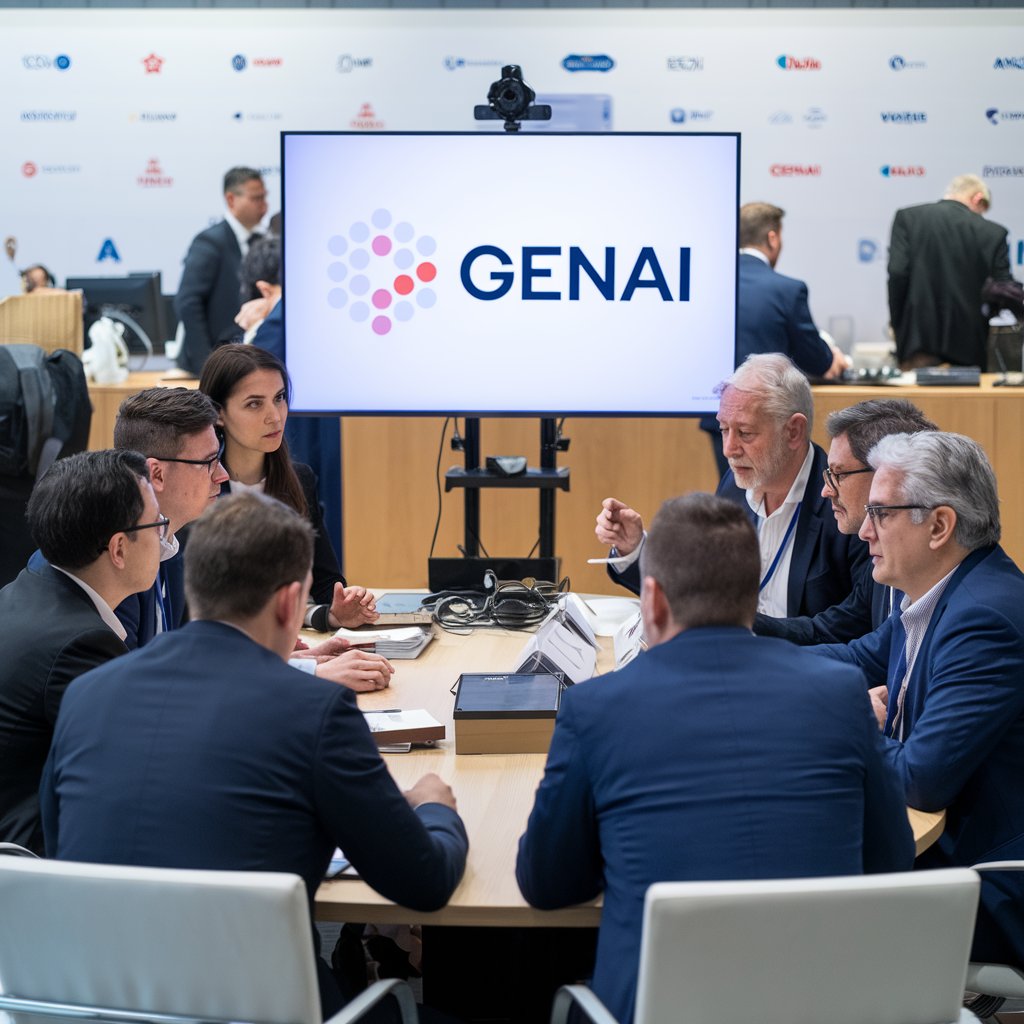
The Enron Egg: A Parody Sparking Serious Conversations
The “Enron Egg” has recently surfaced as a topic of intrigue and skepticism in early January 2025, following its announcement by a company claiming to be the resurrected Enron. Here’s a detailed overview based on available information:
The Announcement
- Launch Event: The Enron Egg was unveiled at the Enron Power Summit on January 6, 2025. It was presented as a “micro-nuclear reactor” designed for residential use, capable of powering an entire home for up to a decade without refueling.
- Product Details: The device is described as using Uranium-Zirconium Hydride (U-ZrH) fuel rods for nuclear fission, with heat transfer managed through a 3D-printed Inconel heat exchanger. It boasts a closed-loop cooling system to ensure safe operation.

The Satirical Nature
- Parody Clarification: Despite the elaborate product reveal, including a video presentation with a faux CEO named Connor Gaydos, the new Enron has been explicitly stated to be a parody. The company’s website terms of service label its content as “First Amendment protected parody” and “performance art” for entertainment purposes only.
- Previous Context: This “resurrection” of Enron comes after the company had been dormant since its infamous bankruptcy in 2001 due to massive corporate fraud. The new Enron, under the stewardship of individuals known for satirical projects like “Birds Aren’t Real,” has been using the Enron name for humorous and ironic commentary on corporate culture and tech product launches.
Public and Media Reaction
- Skepticism and Humor: The announcement has been met with a mixture of amusement, confusion, and skepticism. Many in the public and media recognize the Enron Egg as a satirical take, questioning its legitimacy and practicality. Discussions on social platforms and news articles highlight the absurdity of the concept, while also acknowledging the clever marketing strategy behind the parody.
- Debate on Intent: There’s an ongoing debate about whether this is purely a parody or if there’s an underlying message or commentary on energy innovation, corporate ethics, or the revival of disgraced brands. Some see it as a critique of the sometimes outlandish claims made by tech startups and the gullibility of the public to such announcements.
Safety and Ethical Concerns
- Nuclear Safety Claims: The promotional material for the Enron Egg emphasizes safety features like fail-safe mechanisms, advanced shielding, and precise control of nuclear reactions, but given the parody context, these claims are not taken seriously.
- Ethical Considerations: The use of Enron’s name in this context has sparked conversations about ethics in business, the rehabilitation of corporate image, and the implications of using satire to discuss serious topics like energy solutions and nuclear power.
Conclusion
The Enron Egg serves as a fascinating case study in modern corporate parody, blending elements of tech product launches, historical corporate scandal, and contemporary social commentary. While it’s clear that this is not a genuine product offering, the discussion it has sparked around innovation, corporate responsibility, and public perception of nuclear energy remains significant.
This blog encapsulates the essence of the Enron Egg phenomenon, reflecting on its satirical roots and the broader implications it suggests about business culture, public trust, and the evolution of energy technologies.
Frequently Asked Questions
-
1. What is the Enron Egg?
The Enron Egg is a satirical concept for a micro-nuclear reactor presented as a parody by a group reviving the Enron name for comedic purposes.
-
2. Is the Enron Egg a real product?
No, it is not real. The Enron Egg is part of a parody project meant to critique corporate culture and startup hyperbole.
-
3. Why was the Enron name revived?
The creators use the infamous Enron name to draw attention to their parody, leveraging the company’s history as a symbol of corporate scandal.






